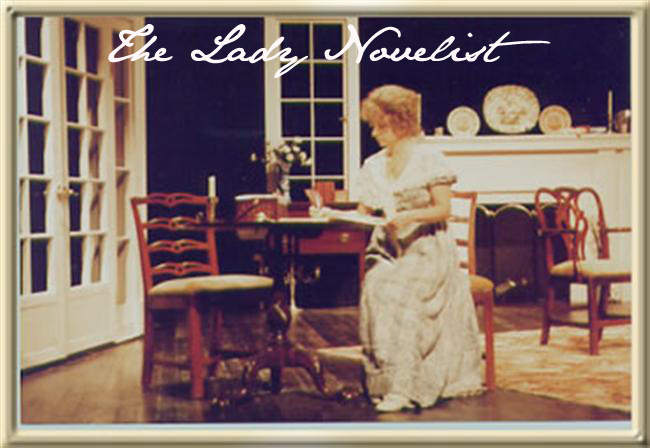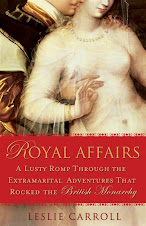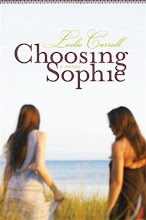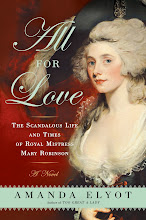
Overnight she became a star. Over many nights she became a legend.The amorous adventures of a celebrated English courtesan come to life in a novel rich with the pageantry of history—and with the notorious desires of the men and women who helped to define it.
Today marks the release of my fourth historical fiction title, ALL FOR LOVE: The Scandalous Life and Times of Royal Mistress Mary Robinson.
Narrated in Mary’s voice, the novel charts the steep rise and descent of one of the great celebrities of the 18th century, and yet Mary Robinson is little known to Americans. Yet she hobnobbed with so many luminaries of the Georgian era, which are “household names” to us: Georgiana, Duchess of Devonshire, David Garrick, Thomas Gainsborough, Charles James Fox, Richard Brinsley Sheridan, Mary Wollstonecraft, Samuel Taylor Coleridge, and of course, her first lover, the teenage Prince of Wales, later George IV.
All of these august personages figure as characters in ALL FOR LOVE.Mary’s writings, so well known in her time, are scarcely taught in our high schools and universities, although I was delighted to meet a University of Pennsylvania English professor who not only teaches Mary’s work but has written about it himself from the academic’s perspective.
At only fifteen, Mary Robinson was married off to an unfaithful wastrel. During the next seven years, her spellbinding talent, beauty, and drive would lead her from the denigration of debtors’ prison to the London stages, where a star was born. With the heart of a poet and face of an angel she was sold as society’s darling. Though dubbed “the priestess of taste” for her dashing style, her unabashed exploits made her the queen of scandal, envied by women worldwide, and desired by every man within reach.
The future George IV

From Mary Robinson’s shocking affair with the Prince of Wales and the fortuitous liaisons that titillated the country, to heartbreaking betrayals and a restless pursuit of true romance, this breathtaking novel paints a vivid portrait of a woman who changed history by doing as she pleased—for money, for fame, for pleasure, and above all, for love.
The title of my novel is taken from the 1677 drama about Antony and Cleopatra by John Dryden, the full title of which is ALL FOR LOVE—OR THE WORLD WELL LOST. Not only did Mary Robinson perform in that play during her career as the brightest light on the London stage in the 1770s, but the full title has such beautiful resonance to the story of her life. Although Mary played many of Shakespeare's heroines, numerous other classical roles and several leading parts written by contemporary playwrights, she was best known for the role in which she attracted the attention of the Prince of Wales--Perdita, the lost princess disguised as a shepherdess in The Winter's Tale, or more accurately, in Garrick's reworking of the play, retitled Florizel and Perdita. "Perdita" literally means lost girl, which also describes Mary in many ways. Signing himself "Florizel," the prince wrote copious love letters to his Perdita.
Born between 1756 and 1758 (I settled on 1757) Mary’s early childhood was spent in an affluent merchant’s home in Bristol. But her father, Nicholas Darby, an adventurer as well as a dreadful businessman, turned out to be an adulterer as well, and abandoned his wife and their three children (one of Mary’s brothers died of smallpox a few years later) He returned from a failed venture in the North American fur trade, and took up residence in London with his mistress, expecting his wife Hester to fend for herself and her children. But when Hester, needing an income, opened a school, her estranged husband was scandalized. How dare she bring shame upon his name by working?!
Mary was one of the rare girls to have some formal schooling during the era. She attended the academy run by the More sisters in Bristol, and Hannah More, in her pre-evangelical years was one of Mary’s tutors. Mary displayed an early aptitude for acting and eventually won an audition for David Garrick, artistic director of the Drury Lane theatre.
But her theatrical debut was postponed by two events: a bout of smallpox, and her mother’s insistence that she marry well instead of pinning her hopes on a stage career. What happened next set the wheels in motion for the rest of her life, and I won’t give away all the dips and turns on its wild ride. Suffice it to say that every time Mary hit rock bottom, she courageously managed to reinvent herself and in each profession she tried, from acting to courtesanry, to writing (poetry, bestselling novels, plays, operas, and essays) to radical feminism. Off the bat, I can’t think of any women of our era who have managed to attain a zenith in so many careers, all while raising her only child, Maria Elizabeth, as a devoted single mother.Mary died of illness in 1800 at the age of forty-three, having accomplished an extraordinary number of things, including a vast body of writing, during her short life. Sure, she had flaws—she was, after all, a real person. But she also impresses the heck out of me, I must admit. And I can’t help thinking what else she might have been able to achieve, had she spent more time on earth.
Had you ever heard of Mary Robinson before?
+for+blog+header+copy.jpg)








.jpg)
.jpg)




